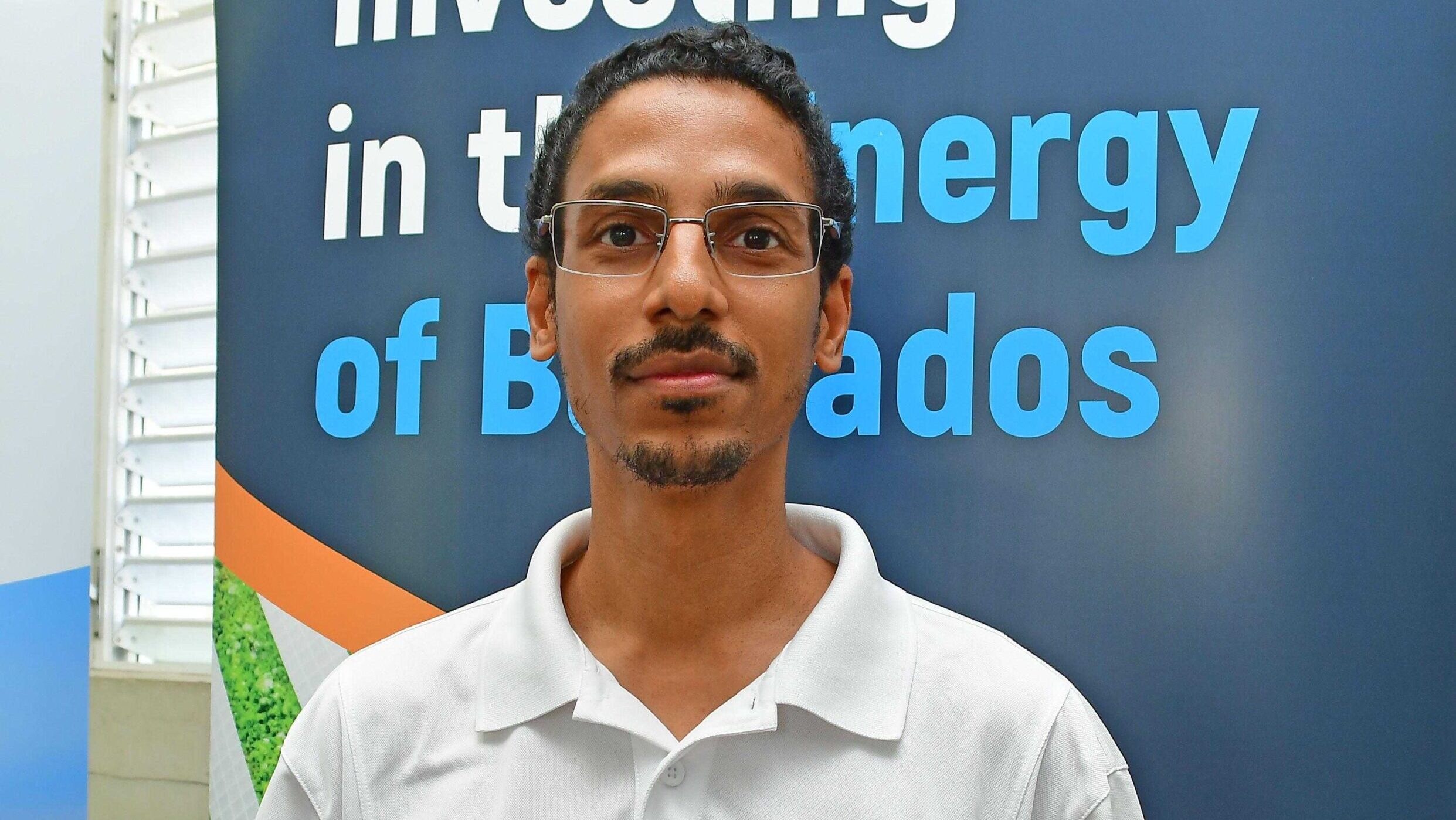Barbados Renewable Energy Project in Jeopardy as BLPC and FTC Clash Over Battery Energy Storage Systems

August 17, 2024
Barbados Light & Power Company and Fair Trading Commission are at odds over a $400 million renewable energy project, potentially hindering sector development. Industry expert suggests resolution through Clean Energy Transition Rider.
A renewable energy project worth as much as $400 million hangs in the balance as Barbados Light & Power Company (BLPC) and the Fair Trading Commission remain at odds over Battery Energy Storage Systems (BESS), an industry insider warned Friday.
Khalid Grant, director of project development for renewable energy developer BlueCircle Energy, told Barbados TODAY that the impasse could jeopardise the development of the renewable energy sector on the island.
“The quickest way to get battery storage onto the grid and to unlock the current deadlock that we’re in, is for Light & Power to provide the batteries via the CETR [Clean Energy Transition Rider] mechanism,” Grant said. “I would encourage Light & Power and the FTC to engage more closely and talk through why the full 90 megawatts (MW) is necessary and the FTC can explain why only 15 megawatts was approved, then we can get closer to actually getting systems on the grid.”
In May, the FTC approved just 15 MW of the 90 MW in battery storage that Light & Power had requested, rejecting the remaining 75 MW of storage capacity. The decision has left the industry in limbo, with approximately 32 MW worth of projects already built and financed but unable to connect to the grid, Grant said.
Grant argued that the approved 15 megawatts only serves to stabilise the grid but does not actually help new projects to connect.
“There may have been a thought perhaps within the Fair Trading Commission that maybe giving the utility 15 MW would help to allow some projects to be connected, but it has not resulted in any new projects being able to be connected,” he explained.
If the full amount of battery storage was approved, consumers would have seen their bills increased by $41 over a three-year period. But, with only a sixth of the amount granted, it is unclear what that increase will look like.
“There are roughly 32 MW worth of projects that are built, financed or people have paid for out of their own pocket or they have taken loans from the bank for and these have not been connected to the grid,” he said. “Perhaps the fastest way would be for the FTC and Light & Power to engage a little bit closer and find out if they (the FTC) can perhaps revisit that CETR decision or perhaps have issued a new decision based on the new information.”
The gridlock affects a significant number of renewable energy initiatives. Currently, about 207 licences have been granted to approved private renewable energy projects, with an additional 333 awaiting approval. For more than a year, the industry’s growth has been hampered by an overwhelming number of applicants, coupled with the grid capacity of 100 megawatts being reached without adequate storage solutions.
BlueCircle Energy’s own ambitious plans are caught in the crossfire. The company’s 30 MW solar portfolio, comprising over 50 solar photovoltaic ground-mounted projects across the island, represents a total investment valued at $200 million (USD$100 million). This level of energy is estimated to power about 6 500 homes.
In response to BLPC’s requirements, BlueCircle Energy is now incorporating a battery storage component into its project, planning to meet the utility’s storage requirement of a four-hour battery on each solar project. This addition would double their investment to approximately $400 million (USD$200 million).
Grant told Barbados TODAY: “Towards the end of last year, we were ready to install the first batch of [solar equipment at certain sites]. Being prudent we decided to confirm with BL&P that we could connect before we began procurement and construction. We were told that we would not be able to connect because the grid was full or going to be full and therefore we would need to invest in batteries. Therefore we shifted to be able to not just have solar at our sites but to incorporate co-located energy storage. We are working on redesigning our project to incorporate the four-hour battery storage for all of our sites. Our storage portfolio would add at least another USD$100 million to our investment.”
Grant outlined four potential paths forward for energy storage on the grid: the CETR mechanism, direct government negotiation with companies, competitive procurement, and an energy storage tariff for individual system owners. However, he emphasised that the CETR route, with Light & Power providing the batteries, would be the quickest solution to the current impasse.
sheriabrathwaite@barbadostoday.bb


